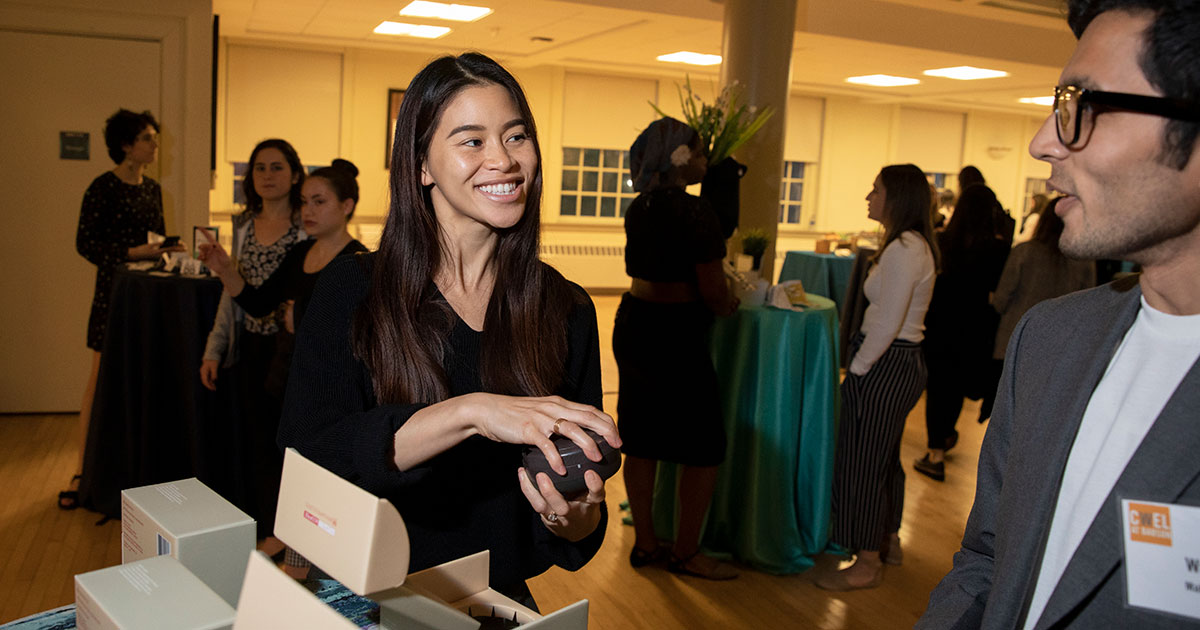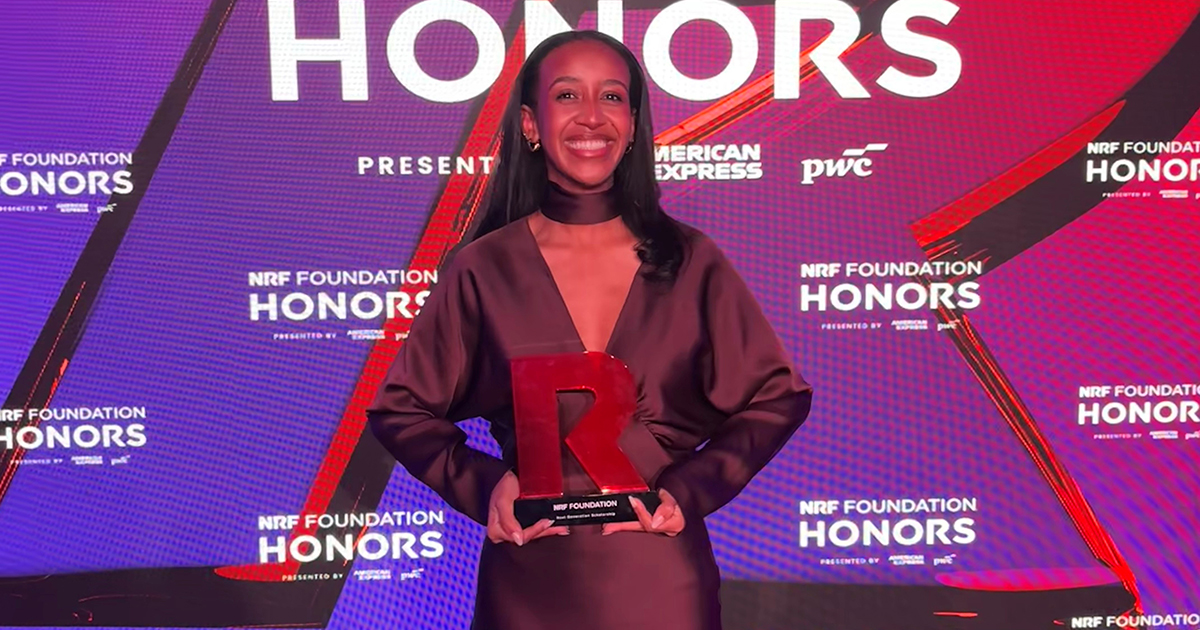Appreciating the Value of Entrepreneurial Women

The latest Global Entrepreneurship Monitor report co-authored by Babson College researchers demonstrates the value that women entrepreneurs bring to societies around the world. It also recommends steps that communities can take to encourage and support the aspirations of these entrepreneurial women.
“The research highlights areas where women entrepreneurs have made significant progress, how ecosystems influence and are influenced by women entrepreneurs, and where there are still gaps, challenges, and opportunities,” said report co-author and Babson College Vice Provost of Global Entrepreneurial Leadership Candida G. Brush.
This 2018–2019 GEM Report on Women’s Entrepreneurship stems from research about women entrepreneurs’ attitudes and behaviors involving three levels of national income and six geographic regions. The descriptive data across 59 economies gathered over two GEM data collection cycles provides points of consideration for those launching, growing, or sustaining entrepreneurial ecosystems.
Women Influencing Ecosystems
Women entrepreneurs create value for their societies in many ways, according to GEM. For example, when women self-employ, they create a source of income for themselves and their families, often involving other value network participants who benefit from their work. Women who endeavor to grow and employ others create jobs in their communities and beyond.
Innovative women entrepreneurs bring new solutions to market, with new sources of value. Internationalizing entrepreneurs contribute to their economy’s global competitiveness. Finally, women entrepreneurs play critical roles starting businesses in a diverse mix of industries.
Recommendations for Consideration
To support these women entrepreneurs, the researchers make several recommendations.
- Address stereotypes about who entrepreneurs are and what entrepreneurship is. “An inclusive approach is more beneficial and far reaching than a continued emphasis on past models,” says Brush.
- Learn from each other about the best ways to build successful businesses and vibrant entrepreneurial ecosystems. “We should learn from the data to guide the development of an ecosystem that works well for all, informed by social, cultural, political, and economic contexts,” says co-author and Babson Professor Emeritus Patricia G. Greene.
- Change the dialogue about entrepreneurship to match reality. Entrepreneurial ecosystems often focus on the access to capital, but lack of access may be a symptom rather than the root illness. Only a bit more than 16% of women in the study attributed their business closure to lack capital. Lack of profitability was the number one reason cited by both men and women for business discontinuance. Other reasons for discontinuance were related to selling the business or retiring. “This suggests that women could benefit from more training on how to capture value when exiting a business,” Brush said.
“Significant work needs to be done to encourage and support women entrepreneurs and their ability to build economic security for themselves, their families, their communities, and their countries,” says Babson’s Amanda Elam, co-author, Diana International Research Institute Fellow, Center for Women’s Entrepreneurial Leadership at Babson. CWEL is Babson’s resource for entrepreneurial women.
This GEM report was co-authored by Smith College researchers and sponsored by the Korea Entrepreneurship Foundation.
Co-author Elam discussed with The Small Business Advocate women entrepreneurs and confidence, the importance of the study of global growth of entrepreneurship and the impact of entrepreneurship on liberty



